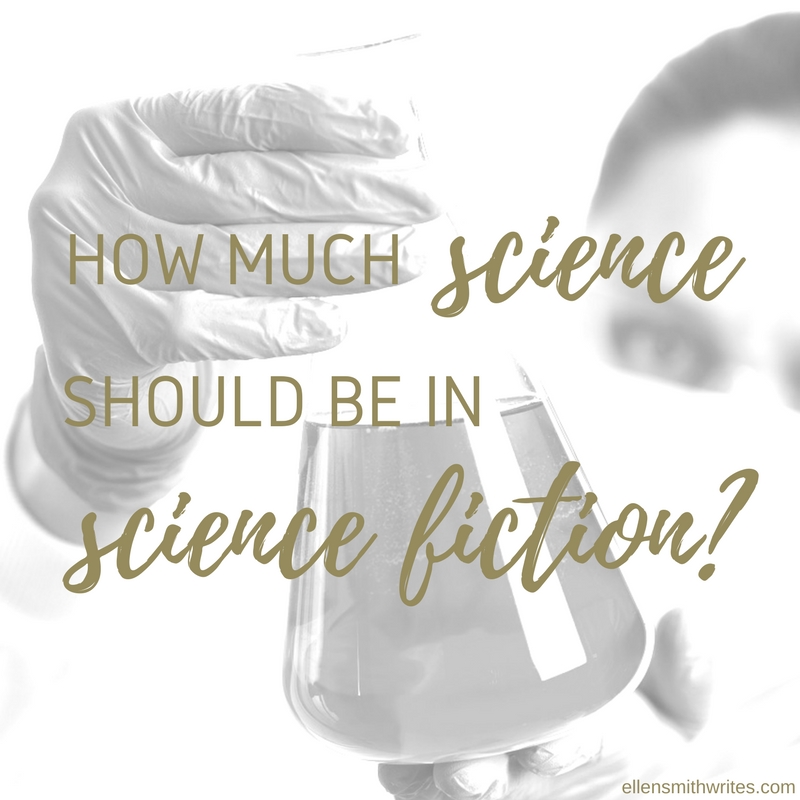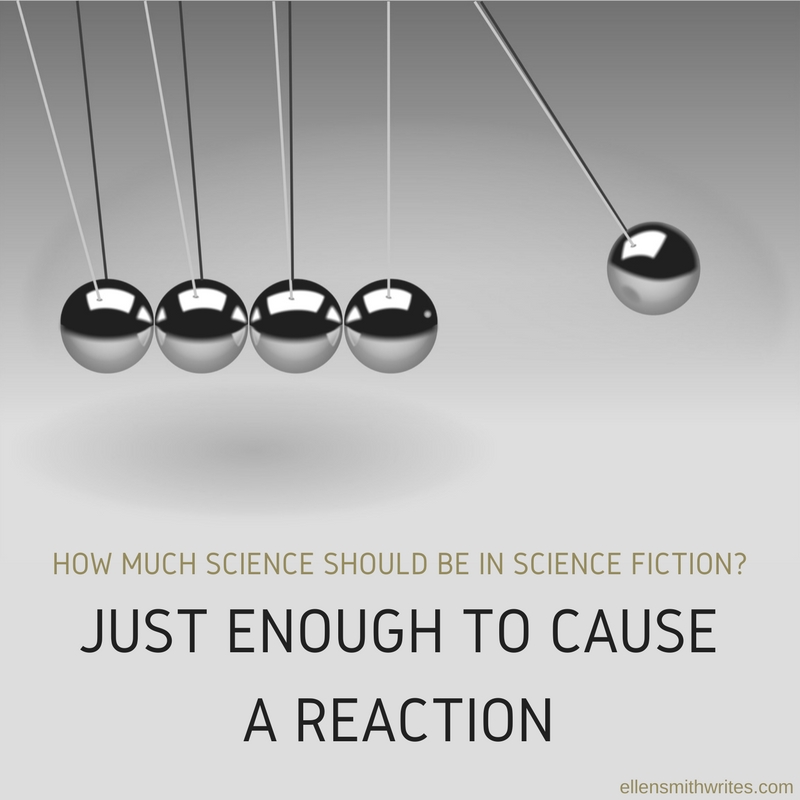I'm about a quarter of the way through editing my current work-in-progress, and believe me, it's slow-going. I'm checking every detail for consistency, ironing out the tone, and rewriting the scenes that I raced through during my marathon drafting sessions. At the same time, I'm trying to balance big-picture considerations. Who am I writing this story for? What readers will enjoy reading it? Just what genre is this story, anyway?
My current work-in-progress is a time travel romance that blurs the lines between science fiction and...well, romance. In the beginning of the novel, I introduce Will and Mara Sterling, a twenty-something couple starting off their new marriage with old scars:
Will and Mara first met six years ago. They were freshmen in college: young, ambitious, and full of plans for the years ahead. Within seconds, the actions of one gunman changed both of their lives. Although Will and Mara survived the campus shooting, the attack left them with permanent injuries, chronic pain, and post-traumatic stress disorder. The last six years have been challenging to say the least, but Will and Mara count themselves lucky. After all, they have each other.
So far, this story has the romance covered: while Will and Mara have struggled through horrifying circumstances, they're deeply and genuinely in love with each other and the life they share. Enter the science fiction elements, neatly disguised as their call to adventure:
A new initiative from the Justice Department offers Will and Mara the chance of a lifetime. The shooter has been rehabilitated and his crime qualifies for an event modification. With the consent of his victims, they can all travel back to the original scene of the crime, giving the gunman a chance to undo his deeds and put things right.
Event modification is my idea of how time travel would be used today if it existed. It's not fancy, flashy, or even a lot of fun. It's a heavily-moderated, overly bureaucratic system intended to give both offenders and victims a second chance. Since the criminal is rehabilitated, why not give him the opportunity to go back and undo his crime?
I know what facing this decision will mean for Will and Mara, and I know how the possibility of event modification will affect the culture around them, the justice system, and the gunman himself. Here's what I don't know: how much of an explanation do I give on how event modification works? How much of the mechanics of time travel would readers really want to know?
In other words: how much science should be in science fiction?
The answer to the science-to-fiction ratio lies with the readers. Who would be interested in Mara and Will's story? Why would they pick up this book, and what would they expect to find?
"People who like science fiction," is an easy answer, but it's not the whole answer. Some sci-fi readers are into hard science fiction. They'd like a detailed description of how time travel works, along with the timeline for how it was developed and the blueprints to the machine. If I gloss over the mechanics of event modification, these hard sci-fi readers might stop reading for a minute and think, "Okay, Will and Mara went back in time, but...how did it work? What was it like? What makes that possible?"
On the other hand, some readers prefer soft science fiction. These are the people who read about a new technology and think, "Ooh, and what will happen next?" rather than "Whoa! How did that happen?" They don't want to spend time in the engineering room of the Event Modification Division of the Justice Department, learning how it all works. They want to be up in the observation room, finding out just how people react when they're offered an unexpected second chance.
At its core, my work-in-progress is a combination of romance and soft science fiction. Time travel is a big part of the story, but it's not the center of the story. The focus needs to stay on Will and Mara, two characters that struggle to understand who they are and how the events of their lives have changed them, for better or for worse.
So...how much science should be in science fiction? I know my answer:
Just enough to cause a reaction.


